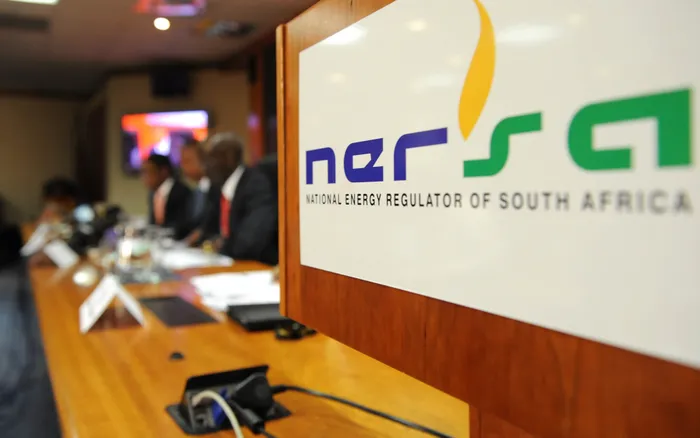OPINION: Why electricity trading without safeguards could mean cannibalisation
OPINION

Salga has strongly criticised Nersa's decision to grant electricity trading licences to private companies without finalising a regulatory framework, warning it could undermine municipal revenue, constitutional mandates, and the stability of South Africa’s electricity sector.
Image: Supplied
THE SOUTH African Local Government Association (Salga) has expressed strong opposition to the National Energy Regulator of South Africa’s (Nersa) recent decision to grant electricity trading licences to private companies before finalising clear trading rules.
At first glance, opening the electricity market to more players may seem like a welcome move. Competition, after all, can drive innovation, improve service and potentially lower prices. But there is a catch, and it’s a big one. Salga, along with Eskom, is warning that without a proper regulatory framework, this decision could destabilise the very systems that keep power flowing to homes and businesses, especially in municipalities that are already struggling to keep the lights on.
Why this matters
Municipalities are not just middlemen between Eskom and the public. They are constitutionally mandated to reticulate electricity within their jurisdictions. In many towns, electricity sales are the single largest source of municipal revenue. That income doesn’t just pay for power; it helps fund roads, water supply, sanitation, waste management and other critical services.
If private traders are allowed to “cherry-pick” the most profitable customers that are typically high-consumption, reliable payers like large businesses or affluent households, municipalities will be left with the less reliable customers who are more likely to default. This will shrink the revenue base, erode cross-subsidisation for poorer households, and reduce funds for other services.
Salga points out that this is not just about money, but it’s about constitutional authority. Municipalities have the legal right and responsibility to distribute electricity in their areas. Allowing uncoordinated private traders into those areas without clear rules undermines that mandate.
The debt crisis waiting to worsen
South Africa’s municipalities already owe Eskom more than R100 billion. This mountain of debt has been growing for years, fuelled by poor payment cultures, infrastructure failures and weak financial management. If high-value customers are siphoned off by private traders, the debt problem will deepen.
Salga supports the creation of safeguards, such as requiring private traders to contribute to subsidy pools, using clearing houses to manage payments, and restricting trading in defaulting municipalities. Without such measures, the risk is that both municipalities and Eskom will face even greater financial strain, and ordinary residents will feel the knock-on effects.
A Northern Cape example
Consider a town in the Northern Cape where a large mining operation is the single biggest electricity customer. That mine’s payments help keep the municipality afloat, cross-subsidising electricity for poorer households and funding infrastructure upgrades.
If a private trader steps in and offers the mine a cheaper rate without any obligation to support cross-subsidisation or service delivery, the municipality instantly loses a huge chunk of its revenue. The result? Tariffs for everyone else go up, maintenance gets delayed, and the risk of service breakdowns grows.
This isn’t a far-fetched scenario; it’s exactly the kind of market distortion Salga is warning about.
Competition vs fairness
On paper, opening the electricity market to private traders sounds like a step toward efficiency. But without a level playing field and proper oversight, it risks becoming an exercise in cherry-picking the most profitable customers, leaving municipalities to manage everyone else.
This is not market liberalisation; it’s market cannibalisation. Municipalities are already facing financial strain and service delivery challenges. Yes, some misuse the money they have, and fruitless and wasteful expenditure is a real problem. But stripping away a major revenue source without replacing it with something sustainable will make matters even worse.
If Nersa truly wants to introduce competition, it must require all players, public or private, to share the same responsibilities for universal service, cross-subsidisation and debt management. Anything less will result in higher tariffs for low-income households, reduced investment in infrastructure and a deeper municipal debt spiral.
A final word
South Africa’s electricity sector has been plagued by instability for years. We’ve seen the damage that poorly planned reforms and uncoordinated policy changes can do. Any new system must strengthen the sector, not splinter it further.
Competition can work, but only if it’s fair, balanced and carefully managed. Without that, the very communities these changes are meant to help could end up paying the highest price.
* This opinion piece is written in the author’s personal capacity and does not necessarily reflect the views of the DFA.
Related Topics: